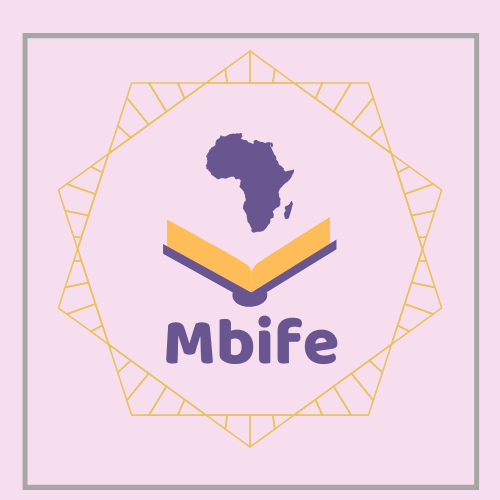Reading with Purpose
In our house we read because that’s the way it has always been
I come from a long line of educators and my mum raised us with love and books
I remember as a child she brought a carpenter into our room to build a book shelf the length of the longest wall.
That bookshelf was filled with all sort of books from one end to another.
so, when I had kids of my own,
I filled their room with books, simply to nurture the love of reading.
It was only later that I found purpose in reading with my children.
For one, it gives us that alone time, after what can sometimes be very long and busy days
but mostly because it lets me share something on my mind with the little one
AND it also provides us a starting point for a conversation on a number of topics.
My daughter is now 4 and so it is only normal that she is noticing and trying to understand the world she is in.
when I talk about this, I am often told "it is just a phase, it will pass."
Actually, it is natural human development and we as adults should respond to it. Children see difference, they are trying to understand the ‘why’ and ‘how’ of their worlds and we should be their guides:
"Two- and three-year-olds become aware of the differences between boys and girls, they may begin noticing obvious physical disabilities, become curious about skin color and hair color/texture, and may also be aware of ethnic identity. By the time they're five and entering kindergarten, children begin to identify with an ethnic group to which they belong and are able to explore the range of differences within and between racial/ethnic groups. In terms of bias, by age three or four, white children in the U.S., Canada, Australia, and Europe show preferences for other white children. Further, current research suggests that children as young as three years old, when exposed to prejudice and racism, tend to embrace and accept it even though they might not understand the feelings.”
- Jinnie Spiegler for https://www.edutopia.org/
The importance and necessity of diversity from an early age couldn’t be more clear.
As the little ones are trying to navigate this space, books can be some of the best tools a parent can have.
I use them primarily in two ways:
Firstly, there are those with a Purpose as I call them. Books which celebrate you! they acknowledge diversity and put it in the center, like the Princess Truly Series.

Princess Truly is a strong, amazing, proud, dark skinned, little girl with amazing hair which gives her special powers. The first book is almost a mantra in our house now.. my girl will tell you, mummy you can do whatever you want to do if you believe in it.. you are amazing!
Thank you Princess Truly, your magical mantra rocks!
We also read books which Reflect, Reflect diversity in society and also those that make you reflect
and begin to talk about what you have noticed or felt.
We try to find books which show different family constellations, disability, different interpretations of home, and inclusiveness. We believe that every child’s individualism should be celebrated, and it is just as important to see yourself as part of a whole, part of a community, a society.
One such book is Ten Little Fingers and Ten Little Toes by Mem Fox (Author), Helen Oxenbury (Illustrator).


It is super cute and nice for any baby to see themselves in the book. I found a little YouTube video of the book which you can watch here . For the older kids I would recommend Nita goes to hospital . It is available in loads of languages.
For those of you who read in Swedish I found this book to be a total gem " Vi Letar Skatt" by Jesper Lundqvist.
My daughter is a little thinker who often comments on her environment and context.
She had asked me a few times about people begging in the subway or outside supermarkets.

After a trip to Los Angeles however (downtown LA) she really began questioning the absence of a home for some and especially why they had no family.
This book is the story of a little one who befriends a Roma lady sitting outside a store, the scene is extremely common here in Stockholm.
There is very smart word play and interchange between the word skatt , which means treasure but also means tax.
When the little one questions his mother as to why the lady is homeless and hasn’t been provided for, mum answers that she pays her taxes and taxes should be used to help those in need.
The little one concludes that the lady who was begging hasn’t been given any treasure/tax and so they must go in search of some!
It really is a beautiful story, with lovely illustrations.
Written from a child’s perspective which makes it enjoyable for the little reader, whilst addressing such an important topic.
We would love to hear more about your reading habits and favorite books.
Either way, keep reading guys, you are planting a glorious seed
Be deliberate with your choice of books too we are of the belief that the key to self-esteem, wellbeing and an integrated society can start right there on the pages of a book.
You can find more information about the Princess Truly books here
You can find more information about the Ten Little Fingers Ten Little Toes book here
You can find more information about Nita goes to hospital book here
Och har kan ni hitta Vi Letar Skatt har
